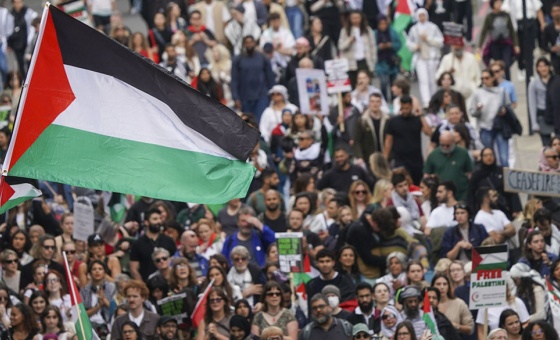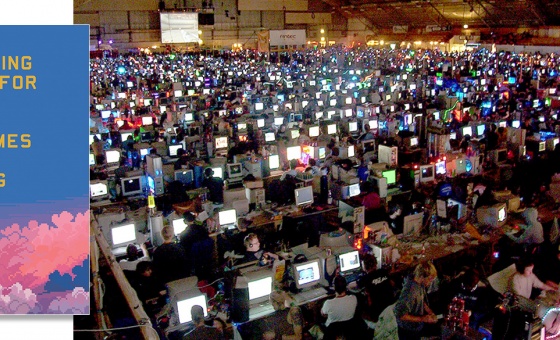This is the last article you can read this month
You can read more article this month
You can read more articles this month
Sorry your limit is up for this month
Reset on:
Please help support the Morning Star by subscribing here
SIXTY years ago, in March 1960, police opened fire on peaceful anti-apartheid protesters in Sharpeville, South Africa, killing 69 men, women and children and injuring hundreds more.
The protesters were opposing pass laws, which enforced South Africa’s racist apartheid state by heavily restricting the ability of black South Africans to move and work freely.
The date of the Sharpeville massacre is important for those of us who oppose racism and hatred. It now marks the United Nation’s International Day for the Elimination of Racial Discrimination.
There were demonstrations and rallies planned in London, Glasgow and Cardiff organised by Stand Up to Racism and supported by Unison, the TUC and STUC — before they were necessarily cancelled due to the coronavirus crisis.
Even during this pandemic, it is crucial to reflect on the history of racial discrimination.
The world has moved on considerably over the last 60 years. It was in 1964 that racial segregation was ended in the US, and the first anti-racist legislation was passed in Britain a year later with the Race Relations Act.
Yet sadly, racial discrimination has not remained in the past, where it belongs.
Across the world, from Donald Trump to Recep Tayyip Erdogan, authoritarian leaders divide communities so that they can continue to govern in the interest of the super-rich and the big corporations.
In Britain, the number of hate crimes reported to police have more than doubled since 2013, with most reported offences of a racist nature.
We have a Prime Minister who has a long and unrepentant history of racist and offensive comments.
As a black woman from a working-class background representing the incredibly diverse constituency of Leicester East, I am gravely concerned that the Tories are following Trump’s divisive, racist agenda as a template for government.
My home city of Leicester is defined by its diversity. Over two thirds of our constituency are from a black, Asian or ethnic-minority background, and nearly half of our residents were born outside the UK.
We also have a proud history of anti-racist organising. In 1969 in response to the rise of the National Front, residents of Leicester East helped to form the Inter-Racial Solidarity Coalition, a grassroots anti-racist organisation.
Emblazoned on one of the IRSC’s first leaflets, distributed to protest against the visit of racist Conservative MP Enoch Powell at the De Montfort Hall, was the warning that “Powell draws our attention to social evils and directs our blame towards mythical targets.”
This warning could still be applied to the government today. Migrants, people of colour and minorities are still scapegoated for the social ills created by corporate greed and extreme inequality.
That’s why, at this moment of unprecedented crisis, it is so important for us to defend our values of respect and equality for all.
It is vital that our response to the coronavirus pandemic is defined by our solidarity and collective opposition to the politics of hate, bigotry, racism and discrimination of all kinds.
Our diversity and tolerance are our biggest strengths. When we stand together, we will defeat the evils of racism and fascism.
On the 60th anniversary of the Sharpeville massacre, I am reflecting on a more positive chapter in South African history.
The Freedom Charter, signed by Nelson Mandela and other leaders in 1955 at the Congress of the People in Soweto, committed the anti-apartheid movement to a bold platform of equal rights and economic justice for all people.
It is in this spirit that I am approaching the coronavirus crisis. At a time of global upheaval, we cannot leave anyone behind.
The task ahead of us is not only to defeat racial discrimination and the rise of the far right, but also to build a society that works for all of us — not just a privileged few.









